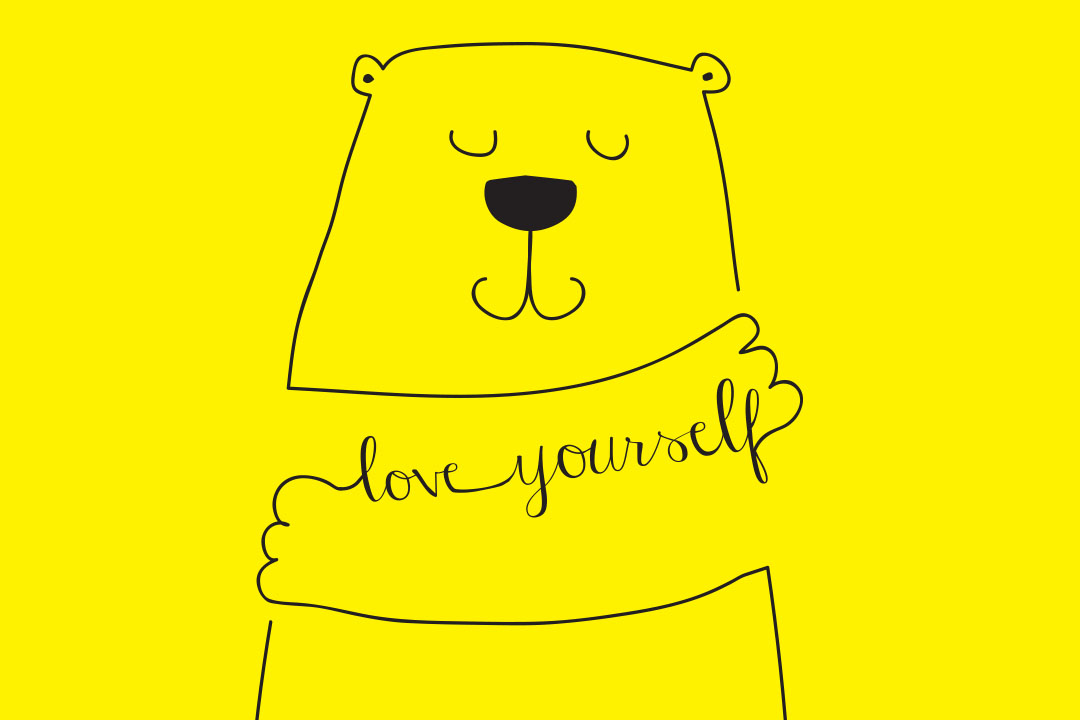
Caring for myself is not self-indulgence, it is self-preservation,” said author and poetess, Audre Lorde and how true it is. Caring for oneself that we often refer to as self-care or even self-love is not only important for our physical health but equally important for our mental wellness. Experts say that when a person disregards or doesn’t do things that make them feel physically and mentally well, their confidence and self-esteem go abysmally low. Unfortunately irrespective of all that we preach when it comes to execution, in a society that largely views self-care as being selfish and over indulgent, self-care continues to remain uncared for. People often are so busy in the daily rut and filling the different roles that they do not make time for themselves till they fall ill or get totally burnt out. It’s time to get out of the viscous cycle.
Popular author Cheryl Richardson says in her book The Art of Extreme Self-Care: Transform Your Life One Month at a Time that ‘when we care for ourselves deeply and deliberately, we naturally begin to care for others – our families, our friends, and the world – in a healthier and more effective way.’
The 12 strategies mentioned in her life-changing handbook is replete with personal anecdotes that the author shares with the readers and they sum up on a single note on how to strengthen the quality of your life and to end the daily violations of self-care.
While the book enlists some of the important nurturing and empowering activities for readers here are a few ways through which we can practice self-care and implement them in our daily lives.
First of all she asks her readers to find out where they are feeling deprived in their day-to-day life.
‘Ask yourself some key questions like, which are the areas where I feel deprived, is there anything that is disturbing you or making you feel resentful or more.’ In short she says that one needs to address one’s specific problems without generalising it. Deprivation could be anything, from a good sleep to not finding time to read a novel or eat a proper sit-down meal. There could be plenty of reasons to feel not getting enough of what you yearn for.
Highlighting on the importance of maintaining a routine, Cheryl in her book says that while most people find routine to be boring, there are many benefits of having a routine life as it provides stability. She suggests developing one’s own rhythm and routine by asking oneself this powerful question: ‘What one routine could I put into place this month that would improve my life the most?’
On prioritising one’s life the author says that it is important to create an absolute no list. She says that one ‘knowing what you don’t want to do is just as important as knowing what you do’. She also feels that from time to time we must pay attention to things that attract us and that which frustrate us. Learning to say no might have the initial unease but gradually it tends to become more natural, she emphasises. She urges readers not to be an ‘automatic yes machine’.
Trying to keep her guidelines simple and clear, she says that most of the time we tend to lay too much emphasis on self-worth and also in our ability to help the other. She urges people to be willing to disappoint people. One should be honest and upfront on the fact that it is not possible to oblige everyone and earlier we make it clear the better it is for us.
Cheryl in her book focuses on a very important aspect when it comes to the notion of ‘always being there’ in a relationship. She mentions in her book that those who have a tendency to put the needs of others first commonly make defensive decisions and worry more about what others think and their reaction to our saying no. True that there are moments in life when one has to go out of the way in doing something for a loved one and while there is no harm in doing that Cheryl strongly feels that it is important to be certain that you’re doing it to show love and not out of any feeling of guilt and obligation. She also lays a great emphasis on telling the truth with clarity and grace and take a step forward in uplifting one’s life. –[email protected]
Transform your Life
• Become aware of the ways that you deprive yourself of what you need.
• Learn to love yourself unconditionally, accept your imperfections, and embrace your vulnerabilities.
• Learn to say “no” to protect your energy and to prioritise your needs.
• Establish a balanced and healthy rhythm and routine.
• Let go of the “I’ll do it myself” mentality and learn to ask for help.
• Create a list of Absolute No’s that will, over time, help you feel safe, protected, taken care of, and free to be your best self.
• Create a space or environment that feels fully aligned with your soul.
• Learn that your sensitivity is a gift and that you should protect it, in order to be fully open and receptive to life.
• Learning to care for your body and listen to its needs.
• Learn to speak your truth and not put up with inappropriate behaviour.
• Uncover a hidden passion worth pursuing and take action so that you can breathe life into your desires.
• Write an extreme self-care first-aid kit and keep it in a safe place.
(Excerpts from the book, The Art of Extreme Self-Care: Transform Your Life One Month at a Time)